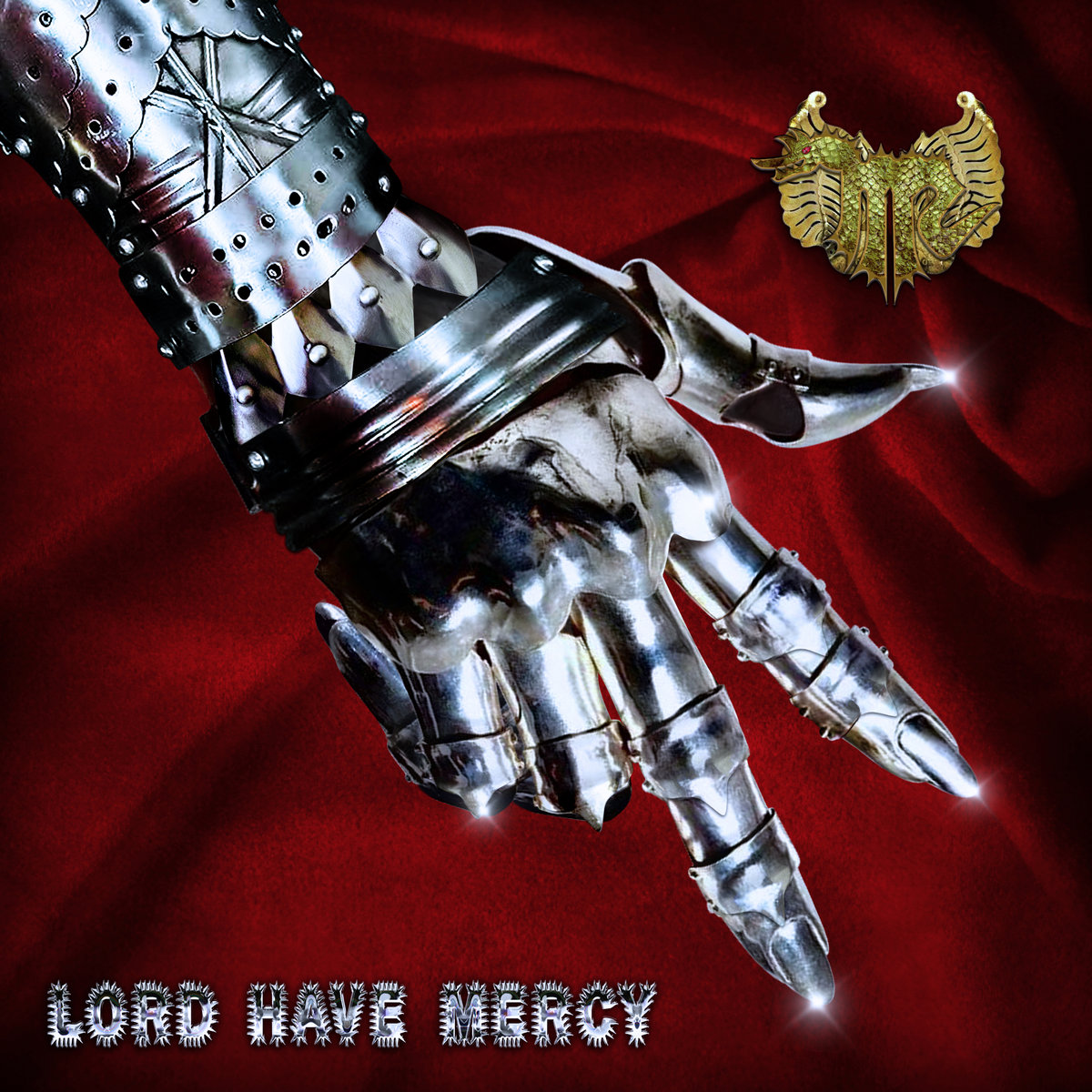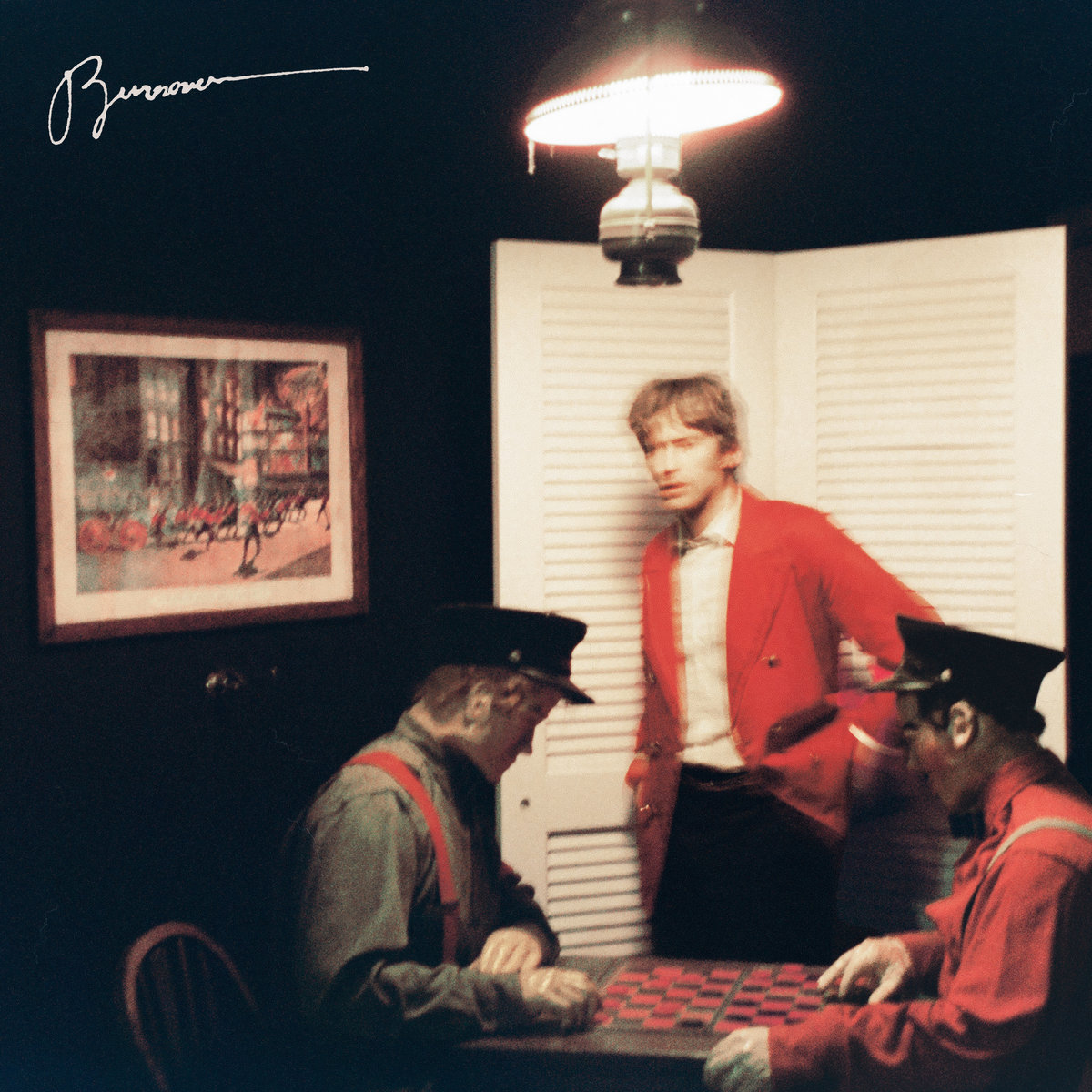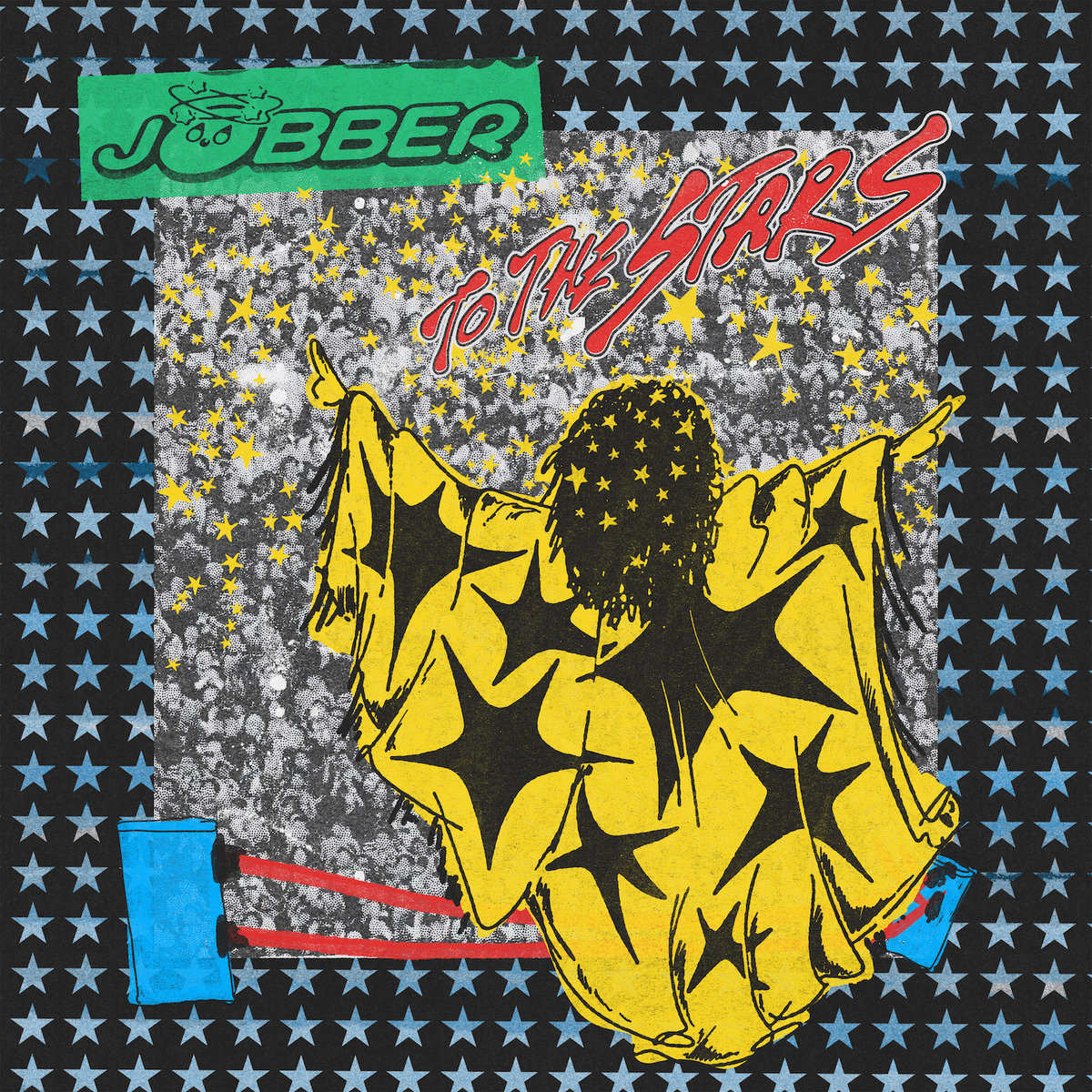Sinai Vessel – Tangled | Single Review
/Self-Released
Wednesday… MJ Lenderman… Indigo De Souza. Within the last few years, the Asheville music scene has been absolutely overflowing with incredible art, and it’s time we talk about it. Having been to Asheville exactly once in my life, I’m sure it’s always been that way, but it wasn’t until recently that the town has found itself on the lips of every music blog and indie kid with a penchant for twang and slide guitar. Beneath the Dead Oceans/ANTI-/Saddle Creek tier of rising rockstars are lowkey hidden gems like Sluice and Broken Family – somewhere between these is Sinai Vessel.
Sinai Vessel is the formerly emo, now folksy indie rock band of Caleb Cordes and an artist that I’ve personally brought up in conversation with some of Asheville’s best. The project first wound up on my radar back in 2020 with the jaw-dropping LP Ground Aswim, which wound up being one of my favorites of the year. Even as an election and the pandemic suspended the world into a dizzying stasis, I found time to sit with Ground Aswim and find peace in its calming shores. Cordes, in turn, took the time to give his album the love it deserved. One Bandcamp Friday, fans were treated to a solitary track-for-track demo version of the album and, later, a 2019 live performance showcasing early versions of select songs. Both of these collections rendered the original album in a new light and, when played in proximity, let the listener in on both Cordes’ creative process and the evolution of these songs. Ground Aswim was immortalized on vinyl, cassettes, and a zine, all released independently, nothing short of a feat in the increasingly monopolized music landscape. One year later, Cordes made his final statement on this body of work with “Swimming,” a single-song coda that marked a definitive end to this sprawling collection of songs.
At the end of 2021, Cordes released a handful of tracks on SoundCloud plainly labeled “LP4 Demos.” Expectantly sparse and surprisingly stark, these five songs offered a workshop-like glimpse at what was coming next for the project. By releasing these songs publicly, Cordes also continued the trend of letting the listener in on his songwriting process, this time seemingly as it was happening. Now, a year and a half later, we have “Tangled,” the first real taste of what the future holds for Sinai Vessel.
The track begins with a bouncy acoustic sway that feels like a natural extension of the guitar-based LP4 Demos we’ve already heard. The first thing this instrumental reminded me of was the bright, sunny tone of the last Hovvdy album, which wound up being an apt comparison when I learned that the song was produced and engineered by Bennett Littlejohn, known for his recent work with Hovvdy, Katy Kirby, and Claire Rousay.
Cordes wastes no time jumping into things, singing, “sitting around and waiting / waiting to get fired.” Whether fueled by self-doubt, the worry we’ve done something wrong, or just anxiety from the increasingly unstable teeter-totter of capitalism, this is a looming sense of dread we’ve all probably experienced at some point in our professional careers. It’s funny and apropos because this is something I’ve felt acutely in recent weeks as my day job has slowed to a crawl, and I’ve felt less productive than I have all year. Perhaps it’s just summer doldrums, but to hear such a specific worry reflected back at me felt very cosmic and well-timed.
The lyrics go on to depict the relationship between mind and body, talking about how one informs the other but can sometimes relay or retain the wrong thing. From there, the third verse delves into the messiness of modern communication and misinterpretation, while the final lines articulate a unique brand of self-inflicted paranoia. The back half of the song touches on this rush of topics and wraps up mid-beat in a way that leaves you on the edge of your seat, waiting to hear what comes next. Cordes offers no solution to these problems, at least not on this song, but “Tangled” sure does an excellent job of making the listener's worries feel heard.
By depicting this messy web of concerns, both real and imagined, Cordes lets them all float out of his mind and into the ether. We live in an era of intersecting apocalypses, and sometimes it can feel like tearing yourself apart just trying to figure out what to focus on. No one person has all the answers, but we do have each other, and while these aren’t all problems that can be “solved,” the first step towards tackling any of them is to lay them all out, just as Sinai Vessel does over the course of these three minutes. We’ll figure out what comes next together.









